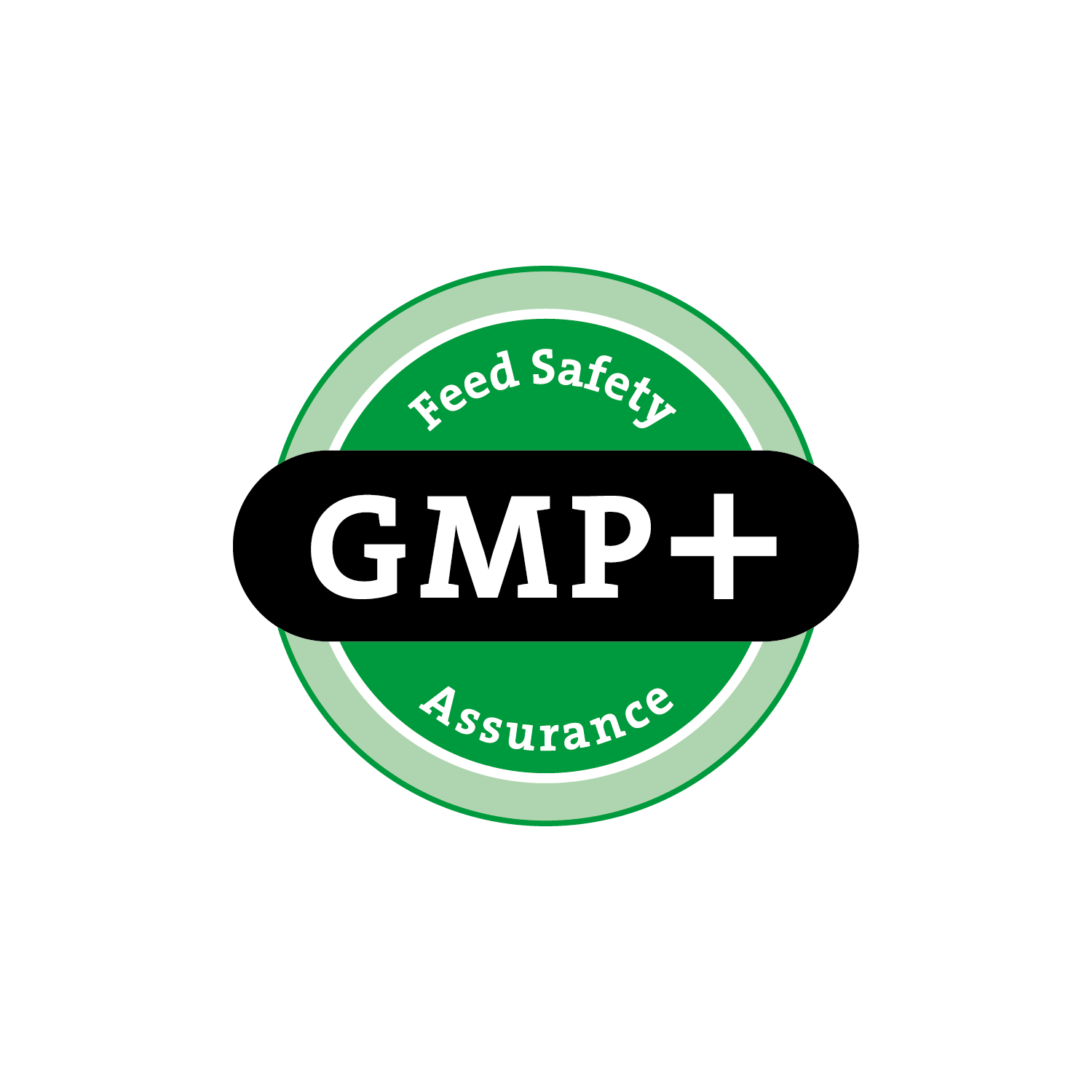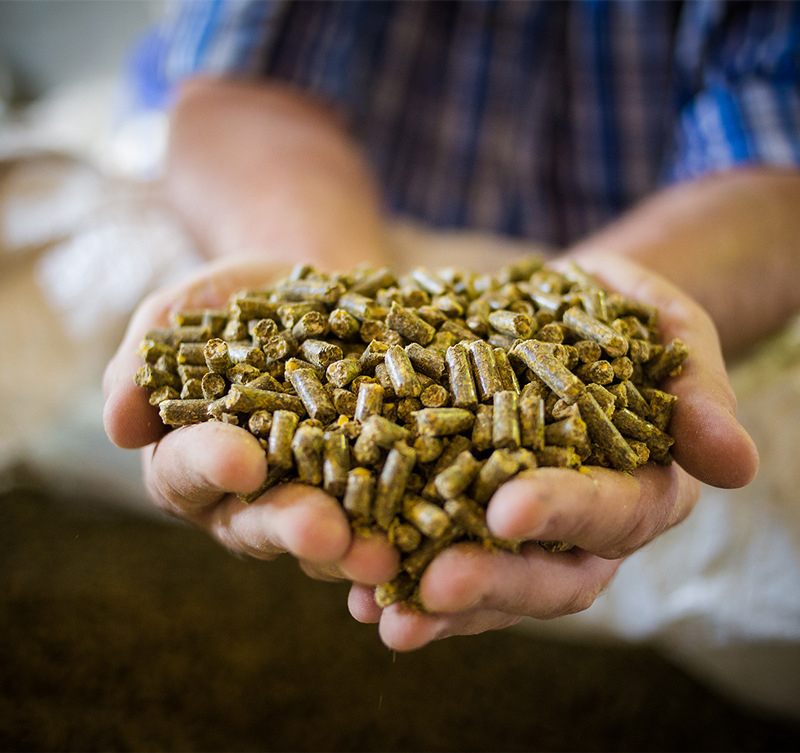The food industry is known for its strict regulations and high standards of safety and quality. Laws and guidelines are constantly changing and companies must adapt in order to remain compliant. An important tool in this regard is the GMP+ certificate. This article provides a comprehensive guide to GMP+, including its meaning, importance, attainment and how it contributes to the circular economy.
What is GMP+
GMP stands for Good Manufacturing Practice, an internationally recognized certification system focused on animal feed safety. The system was established in 1992 by the Dutch animal feed industry after several serious incidents involving contaminated animal feed. Today, GMP+ International is a nonprofit organization with more than 19,000 certified companies in 90 countries. The GMP+ certificate offers companies in the food sector assurance that their production processes meet strict quality standards.
Although the certificate is not mandatory, it does offer significant advantages. Namely, a GMP+ certified company cannot take, trade or sell animal feed streams to a non-certified company. This means that GMP+ certification is important for a strong market position. But above all, the system is intended to monitor the entire chain of animal feed production, from raw material to finished product.

GMP+ and organic waste streams
On Moerman's ladder, the processing of organic waste streams into animal feed is fairly high on the ladder. Not all organic streams are suitable for processing into animal feed and if they are suitable, they are subject to strict requirements. So the possibilities of processing organic residual streams into animal feed are regulated under GMP+.
The certificate is important for all kinds of companies in the feed and food sector, such as producers, suppliers, transporters, storage companies, packaging producers and other kinds of service providers.
Why it is an important certificate
The GMP+ certificate offers several advantages for companies in the food sector:
- Increased feed safety: By complying with GMP+ standards, companies minimize the risk of contamination and other feed safety issues.
- Improved market position: A GMP+ certificate shows that a company complies with international standards, which can lead to new business opportunities.
- Regulatory compliance: GMP+ helps companies comply with national and international legislation.
- Increased efficiency: Implementing GMP+ standards can lead to improved internal processes and better valorization of flows.
Companies that are GMP+ certified can differentiate themselves in the market, build trust with customers and meet the expectations of stakeholders and regulators.
.jpg?width=2000&height=450&name=wetgeving-food-header---kopie-(3).jpg)
How companies can obtain the GMP+ certificate
To obtain the GMP+ certificate, companies must follow several steps:
- Preparation: The company must first evaluate which GMP+ standard applies to their operations and which documents and procedures are needed.
- Implementation: Next, the quality standards and procedures must actually be implemented in daily operations.
- Internal audit: An internal audit, which is not mandatory, helps verify that all processes and procedures are in line with GMP+ requirements.
- External audit: A recognized certification body conducts an external audit to verify that the company complies with all GMP+ standards.
- Certification: If the external audit is successful, the company receives the GMP+ certificate.
This cycle of preparation, implementation, internal and external audit must be repeated regularly to maintain certification.
Contribution to the circular economy
The GMP+ certificate plays an important role in the circular economy by making better use of residual streams and by-products. According to Moerman's ladder, companies with GMP+ certified processes can convert residual streams into high-quality animal feed. By reusing residual streams, companies contribute to a more sustainable production system and a more efficient chain.
The gatekeeper protocol is an essential part of GMP+. Companies that manage waste streams, such as Milgro, can act as gatekeepers for other companies.
The gatekeeper protocol
The gatekeeper protocol is part of GMP+. Companies that manage residual streams, such as Milgro, can act as gatekeepers for other companies, but this only applies in the specific case of processing former foodstuffs. This means that we check the quality and safety of incoming and outgoing residual streams and ensure that they meet the applicable GMP+ standards. Usually the manager of waste or residual streams does not act as gatekeeper. Milgro is an exception to this.
Benefits of the gatekeeper protocol
- Quality assurance: The protocol helps ensure the quality of raw materials and products.
- Efficiency: Companies can focus on their core business while the gatekeeper ensures compliance with GMP+ standards.
- Transparency: The protocol provides a transparent way to monitor the safety and quality of waste streams.
By working with a gatekeeper, companies can better meet the demands of the circular economy and achieve their sustainability goals.

Want to know more?
Would you like to know more about the benefits the gatekeeper protocol on GMP+ from Milgro has for your company? Book a no-obligation (online) introductory appointment. This offers the opportunity to ask questions, get advice and discover how our knowledge about GMP+ can be of service to your organization.
Stay informed
Stay up to date on all new developments? Follow us on LinkedIn or Instagram. Or subscribe to the newsletter. Are you curious about what Milgro can do for your operations and waste process? Contact us














